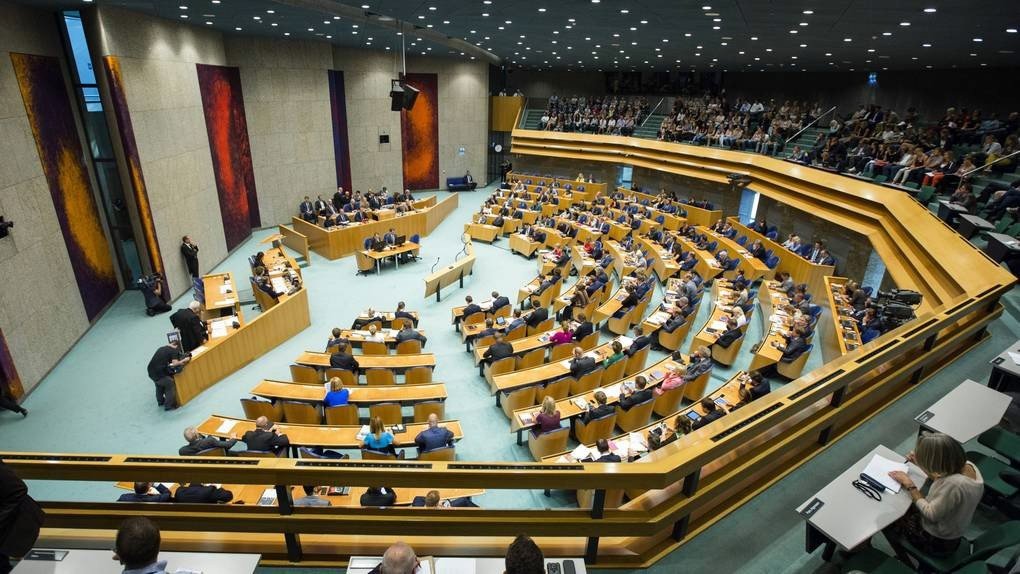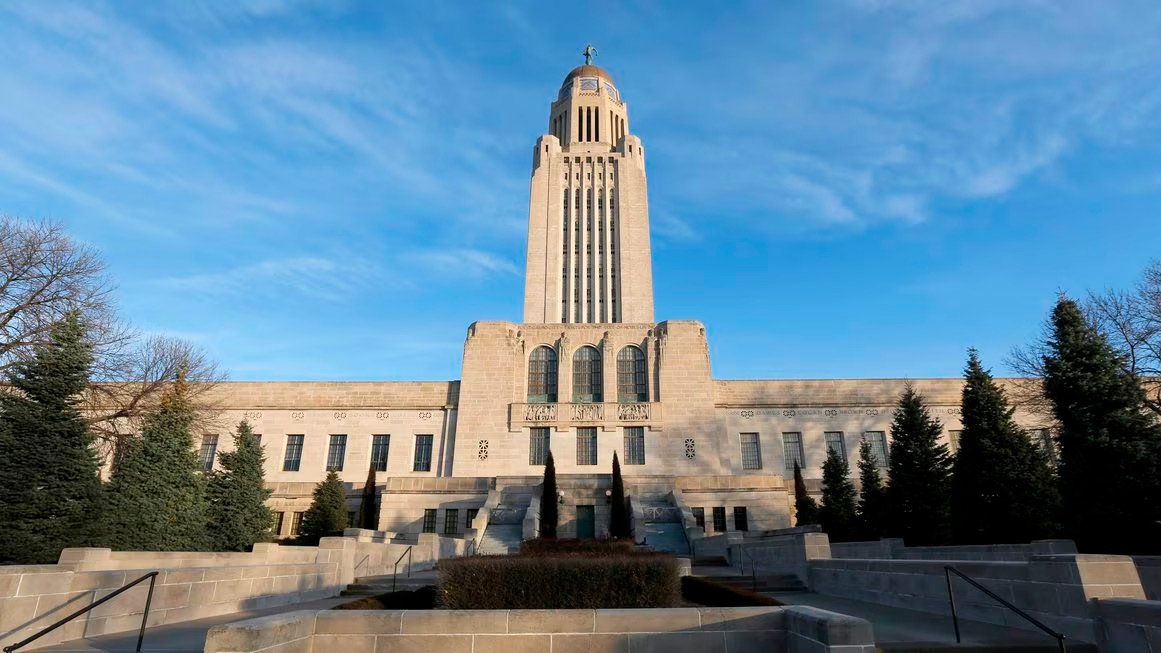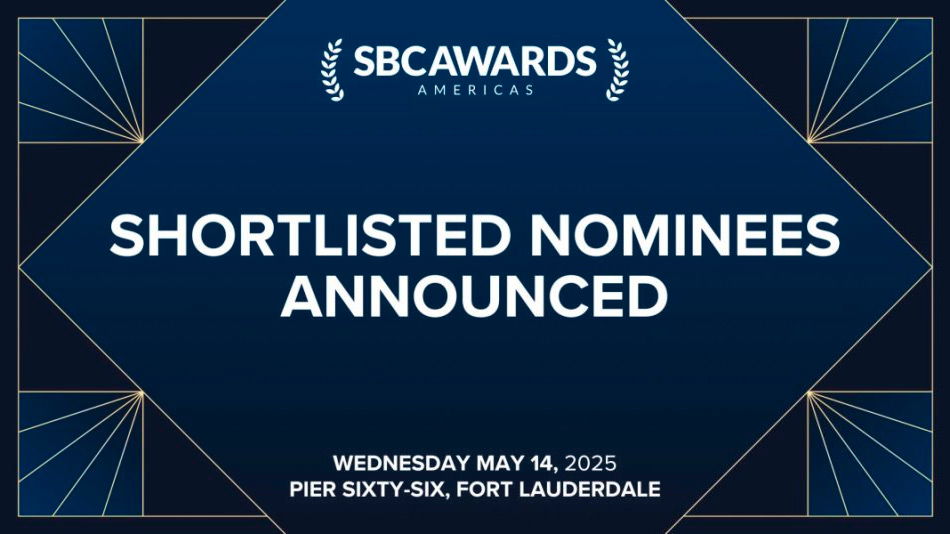Netherlands proposes stricter gambling regulations, expansion of regulator’s powers

The Dutch government is set to introduce a reworked gambling bill by the end of 2025, aiming to tighten regulations and strengthen consumer protections in response to concerns over rising gambling-related harm.
State Secretary for Legal Protection Teun Struycken announced the proposal, which would expand the enforcement powers of the Kansspelautoriteit (KSA), the Netherlands' gambling regulator. The bill would allow the KSA to block illegal gambling websites, increase oversight of the legal market, and access more gambling provider data for research purposes.
KSA Chair Michel Groothuizen praised the proposed measures, saying they aligned with the regulator’s key priorities. "It fills us with satisfaction that many topics that are high on our agenda are also on the State Secretary's list of priorities," Groothuizen stated.
He highlighted specific measures that the KSA had advocated for, including the ability to use fake IDs for supervision tests, streamlining involuntary registrations in the Cruks self-exclusion system, and expanding research access to gambling data.
Groothuizen also backed the proposal to raise the minimum age for online slots from 18 to 21, saying it sent a “strong signal” to young people. Drawing a parallel to alcohol laws, he noted that raising the drinking age had led to a decline in underage drinking.
The KSA has also raised alarms about the growing presence of illegal gambling operators. While 91% of Dutch players still gamble legally, a revised revenue analysis showed that only 50% of gambling funds remain within the legal market—a significant drop from previous estimates of over 80%.
"That was a bit of a shock for us too," Groothuizen admitted.
The new bill is expected to introduce several major regulatory changes, including:
• Stronger restrictions on high-risk gambling products, particularly online slots, to curb addiction.
• Raising the minimum gambling age from 18 to 21 for high-risk activities.
• Tighter advertising controls, shifting to a "prohibited unless permitted" model.
• A central deposit limit linked to financial capacity tests to prevent excessive losses.
• Increased enforcement powers to crack down on illegal operators, including action against payment processors and internet platforms that support unlicensed gambling.
The Netherlands Online Gambling Association (NOGA) cautiously welcomed the government's focus on combating illegal gambling.
NOGA acting director Eric Konings said the industry supported efforts to prioritize harm prevention rather than just addiction control.
"We have been expressing our concern about the size of the illegal market for some time now, and the figures published today by the Gaming Authority show that of every euro gambled in the Netherlands, half is now wagered with illegal providers," Konings said.
However, he warned that raising the gambling age to 21 could push even more players toward unregulated gambling sites.
"A number of policy proposals, such as raising the minimum age, could further increase the flight towards the illegal market that is currently taking place," Konings said, adding that NOGA would wait for further details before offering a full response.
The Dutch government plans to finalize policy proposals in 2025, with a formal legislative package expected in 2026.















































